The homophobia of the trans lobby
Lesbians are being pressured into having sex with people with penises.
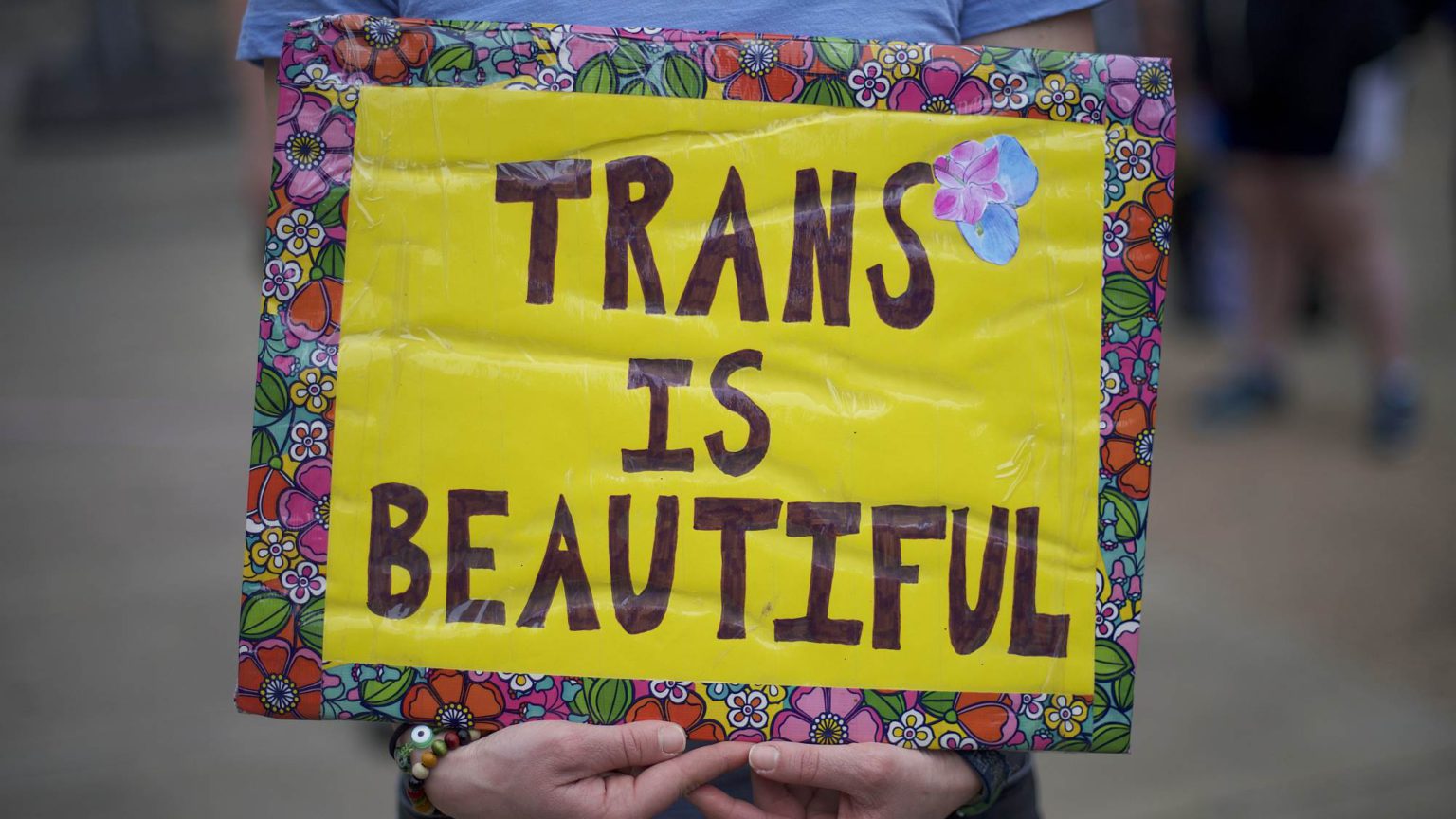
Want unlimited, ad-free access? Become a spiked supporter.
This week the BBC published a story about the wrong type of victims.
Journalist Caroline Lowbridge wrote an article headlined ‘We’re being pressured into sex by some trans women’. The piece gives a voice to lesbians who say they have been subjected to sexual pressure, and in some cases sexual violence, from men who identify as transgender women. Astonishingly, rather than praise the BBC for giving column inches to lesbians to talk about the abuse they have faced, the loudest voices in the LGBT-plc world have not only condemned the BBC for the article, but they have also dismissed the testimonies of the women interviewed.
The harassment of lesbians by straight men who identify as ‘transbians’ (ie, heterosexual male ‘transgender lesbians’) is a dirty little secret that the LGBT lobby is embarrassed to discuss. It is the 21st-century manifestation of that gruff bloke saying ‘I’ll turn you, love’. But because it comes with a woke gloss the perpetrator is no longer considered a creep – he is a brave and beautiful translady.
The BBC story covered the phenomenon of the ‘cotton ceiling’. This is a play on the idea of a ‘glass ceiling’ though the cotton in question is the underwear of lesbian women. For some men who identify as transgender women there is no greater validation of their ‘womanly’ identity than sex with a lesbian.
Unsurprisingly, given that lesbians are solely attracted to women, they tend not to be so enthusiastic about this arrangement. Not least because the overwhelming majority of transwomen retain their penises. Plus, a quick look on any lesbian dating app makes it clear some can’t even be arsed to remove their stubble.
The backlash to the BBC article from the LGBT lobby, which has become invested in pretending there is no clash between the LGB and the T, was swift and brutal. Linda Riley, editor of Diva (formerly a lesbian publication, now a ‘magazine targeted towards LGBTQI women and non-binary people’), was quick to denounce the piece. ‘In all my years publishing Diva… I have never heard from a lesbian who says she has been pressurised into having sex with [a] transwoman’, she tweeted. She claimed that the BBC article was ‘reinforcing myths that are simply not true’.
Darren Styles, publisher of gay magazine Attitude, accused the BBC of being ‘anti-trans’. He said he would ‘carry a serious complaint to the heart of government and seek apology and change’. Gay Times also published a report accusing the BBC of producing ‘propaganda’ and perpetuating a ‘transphobic agenda’. The article included a link to the complaints section of the BBC.
An open letter of complaint addressed to BBC management, organised by trans activists, has attracted thousands of signatures. It includes these rather precious lines: ‘A transgender woman with a deep voice, a square jaw and a penis that you do not want to have sex with is not a man. She is a woman that you don’t find attractive.’ Sometimes the words of trans activists are revealing enough.
Before long the controversy went well beyond the LGBT lobby. Even Twitter made its stance clear. While many of those commenting online were supportive of the piece, when ‘lesbians’ started trending Twitter editorialised the news by emphasising the accusations of ‘transphobia’ directed at the BBC.
Despite all the accusations of bias and transphobia, the BBC piece was fair in its reporting. Lowbridge, its author, allowed Stonewall chief executive Nancy Kelley the opportunity to have her say. But rather than engage with the problem lesbians were raising, Kelley made a shocking but revealing statement: ‘Nobody should ever be pressured into dating, or pressured into dating people they aren’t attracted to. But if you find that when dating you are writing off entire groups of people, like people of colour, fat people, disabled people or trans people, then it’s worth considering how societal prejudices may have shaped your attractions.’
To reiterate: the woman who sits at the head of Europe’s largest LGBT lobby group compared exclusive same-sex attraction to racism and suggested homosexuals should reflect on the inherent prejudice of their sexual orientation. In the space of just a few years Stonewall has shifted from advocating for lesbian, gay and bisexual people to claiming that sexual orientation is inherently bigoted.
Thankfully, the publication of Lowbridge’s piece suggests that the grip of Stonewall and the LGBT lobby on BBC output is loosening. This is allowing journalists to ask pertinent questions about the impact of adding the T to the LGB banner. This is exactly what the the fourth estate exists to do – to hold those in power to account. For too long the likes of Stonewall have wielded accusations of bigotry to silence journalists and to evade scrutiny. But this time the voices of lesbians have been amplified by the BBC.
There is now no turning back. The truth is out and proud.
Jo Bartosch is a journalist campaigning for the rights of women and girls.
Picture by: Getty.
£1 a month for 3 months
You’ve hit your monthly free article limit.
Support spiked and get unlimited access.
Support spiked – £1 a month for 3 months
spiked is funded by readers like you. Only 0.1% of regular readers currently support us. If just 1% did, we could grow our team and step up the fight for free speech and democracy.
Become a spiked supporter and enjoy unlimited, ad-free access, bonus content and exclusive events – while helping to keep independent journalism alive.
———————————————————————————————————————————–
Exclusive January offer: join today for £1 a month for 3 months. Then £5 a month, cancel anytime.
———————————————————————————————————————————–
Monthly support makes the biggest difference. Thank you.



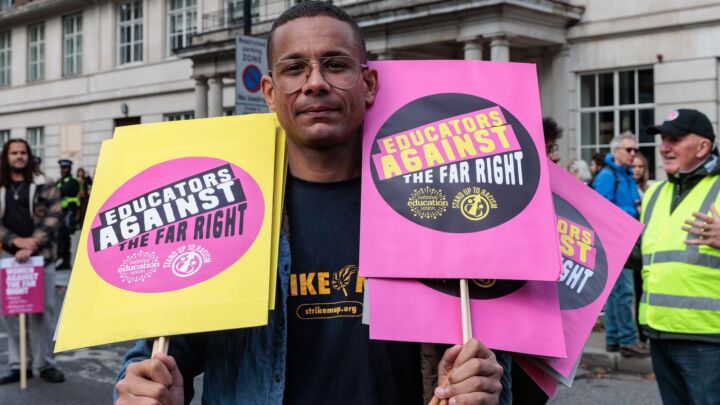
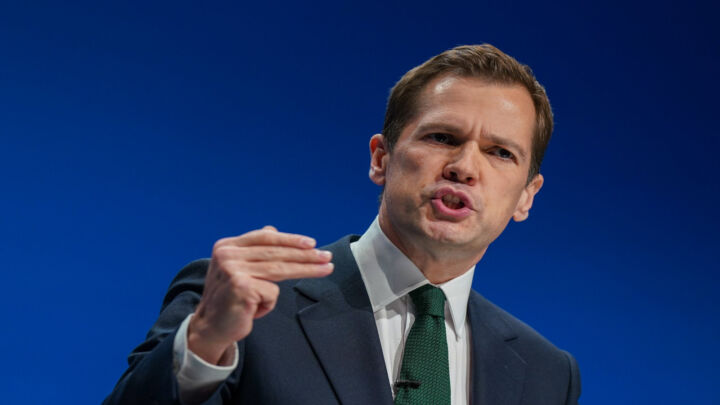

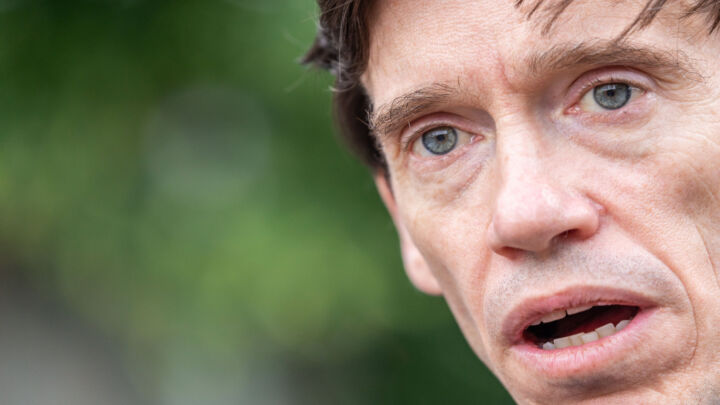

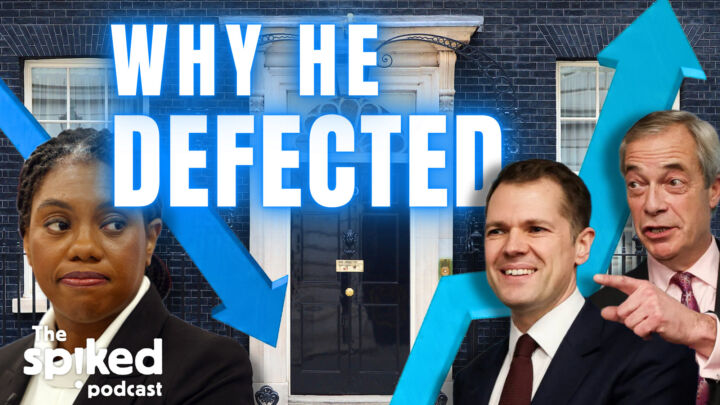

Comments
Want to join the conversation?
Only spiked supporters and patrons, who donate regularly to us, can comment on our articles.